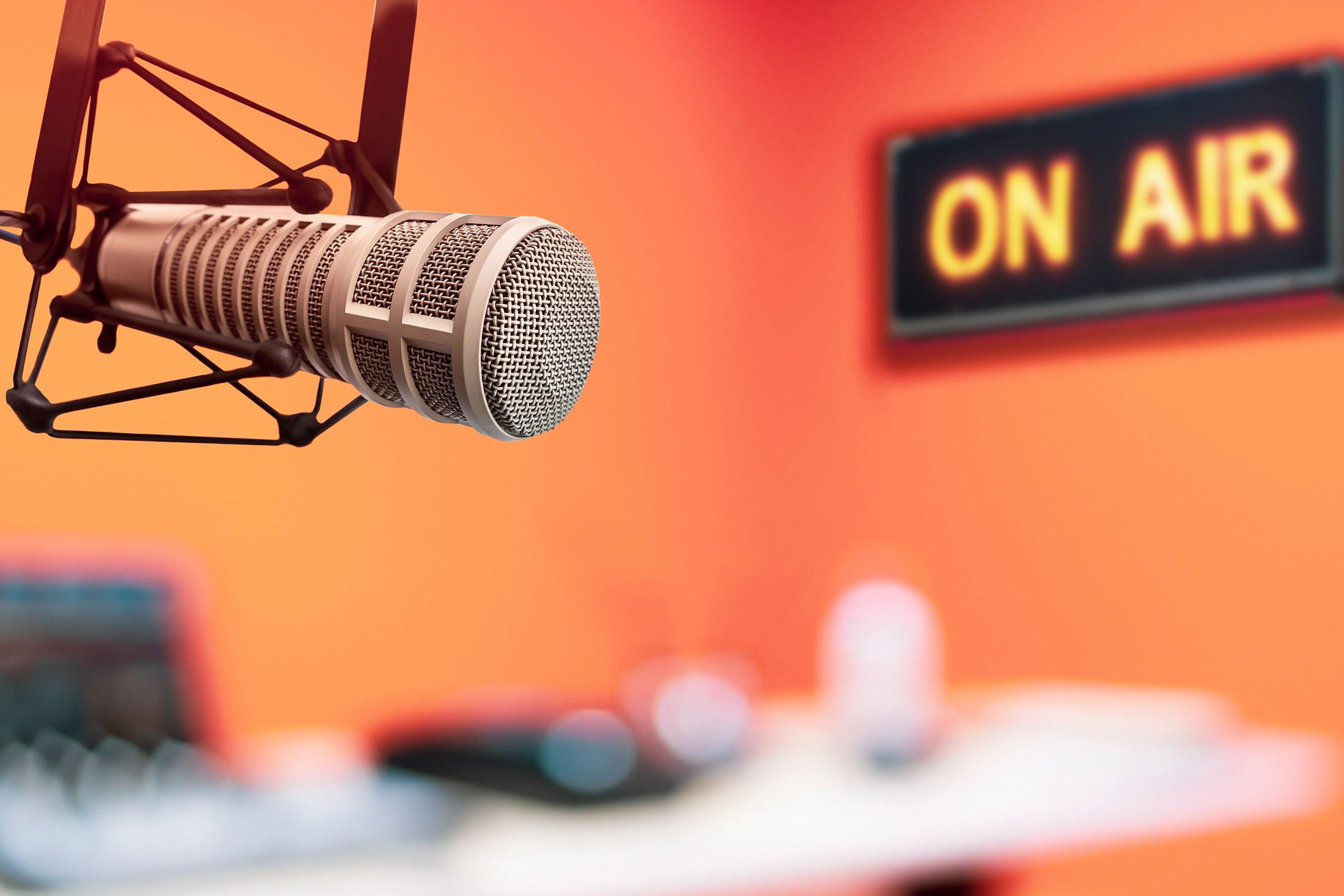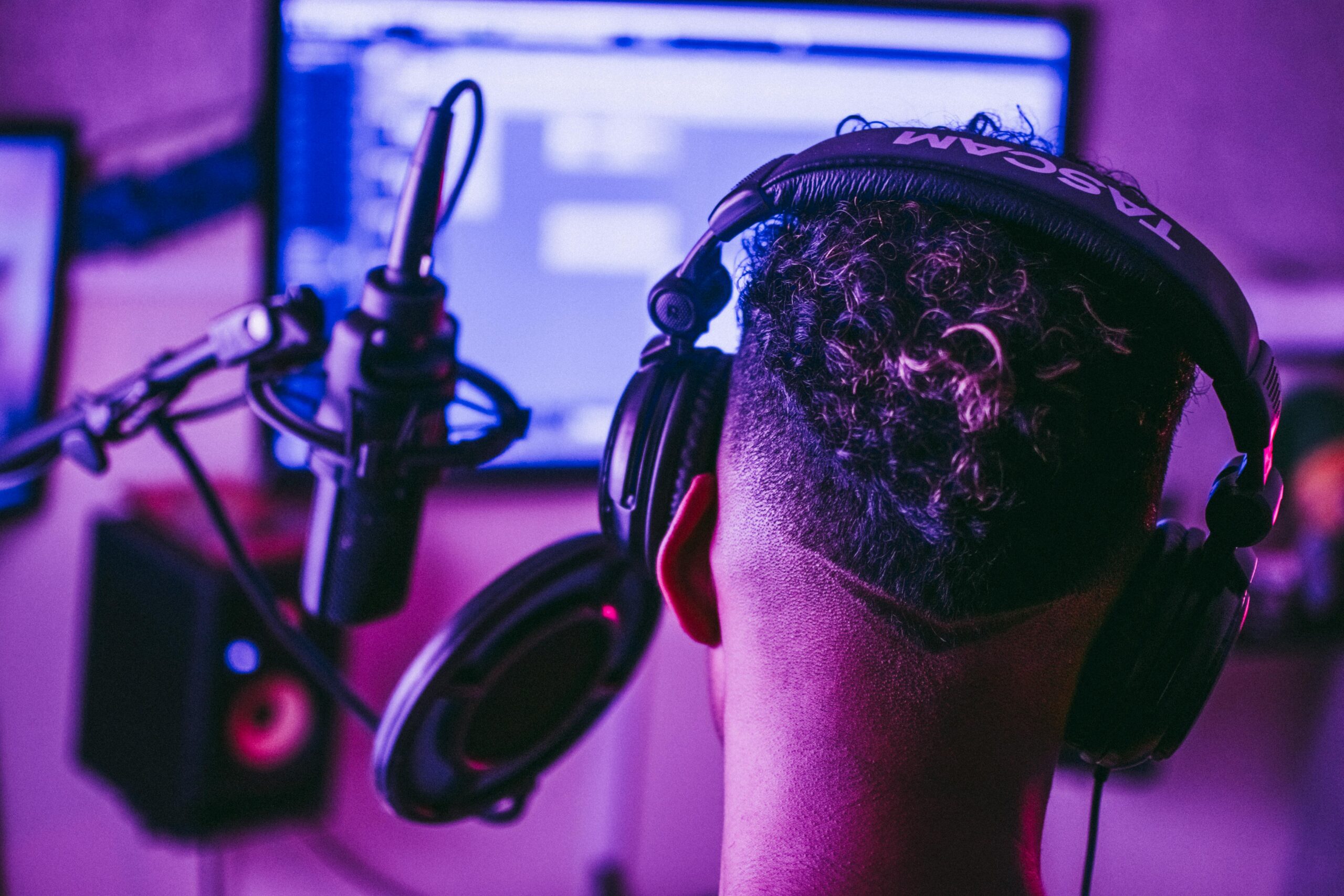
PODCAST PRODUCTION
What You’ll Learn About Podcasting at an Audio Recording School
Everyone’s got a podcast — but not everyone knows how to make it sound good. That’s where audio professionals come in.
Podcasting is one of the fastest-growing corners of the audio industry. From indie creators and influencers to major brands and media companies, demand is exploding for polished, well-produced podcasts. But good podcast audio doesn’t just happen. It takes real skills, the right tools, and a trained ear.
At an audio recording school, podcast production is more than just talking into a mic — it’s about knowing how to capture clean sound, edit with purpose, tell a story, and deliver professional-quality content that people actually want to listen to.
Let’s break down what you’ll actually learn about podcasting at an audio recording school — and why it matters if you want to stand out in this space.
1. Capturing Clean, Professional Audio
It starts with the recording. In podcasting, voice is everything — and learning how to capture it clearly makes all the difference.
At an audio recording school, you’ll learn:
- Mic types and how to choose the right one
- Mic placement techniques for different speakers
- How to reduce background noise and echo
- How to set input levels and avoid clipping
- How to record single-person and multi-guest setups
Whether you’re in a studio, over Zoom, or in a noisy location, you’ll know how to get the cleanest possible take — because fixing bad audio in post is never as good as capturing it right the first time.
2. Editing for Clarity, Flow, and Impact
Editing is where the magic happens. You’ll take raw recordings and shape them into tight, engaging episodes.
At an audio recording school, you’ll learn how to:
- Clean up breaths, stumbles, filler words, and background noise
- Arrange segments for story flow
- Add music, intros, and outros
- Use fades and transitions to polish the listening experience
- Keep episodes paced and engaging without losing personality
You’ll work in DAWs like Pro Tools, Audition, or Logic — building the muscle memory and creative judgment that separates amateurs from professionals.
3. Voice Processing and Audio Treatment
Want a podcast to sound full, clear, and consistent? That’s where processing comes in.
At an audio recording school you’ll learn how to:
- Use EQ to balance tone and remove muddiness
- Apply compression for consistent levels
- Add de-essers to reduce harsh “s” sounds
- Use noise gates and limiters effectively
- Create that polished “radio-ready” sound
Audio recording schools help you train your ears to know what sounds good — and more importantly, how to get there.
4. Remote Recording and Multi-Host Setups
Many podcasts today aren’t recorded in one studio. They’re recorded remotely, with hosts and guests spread out across cities or continents.
Audio recording schools teach you how to:
- Record clean audio from remote guests using tools like Riverside, SquadCast, or Zoom
- Sync up audio files from different locations
- Troubleshoot internet-based issues like lag or distortion
- Manage multiple hosts and tracks in post
- Combine in-studio and remote audio seamlessly
This kind of flexibility is key in today’s podcast world — and learning it in school gives you a major edge.
5. Storytelling, Structure, and Show Development
Audio recording schools don’t just teach tech — they help you think like a producer.
At an audio recording school you'll explore:
- How to structure different podcast formats (interviews, solo shows, panel discussions, narrative storytelling, etc.)
- How to plan and script episodes
- How to craft compelling intros and hooks
- How to pace content and keep listeners engaged
- How to develop a brand and tone for the show
This is where you learn to think big-picture — not just how to record a podcast, but how to create one that stands out.
6. Branding, Music, and Sound Design
Podcasting is also about identity. Audio recording schools give you the tools to shape how a show feels, not just how it sounds.
At an audio recording school you’ll learn how to:
- Choose or create intro/outro music
- Add branded stingers and sound effects
- Build mood and transitions with music
- Keep episodes consistent in tone and feel
- Understand music licensing and copyright basics
Whether you’re working with clients or creating your own show, these are the touches that make a podcast memorable — and professional.
7. Publishing and Distribution Basics
While most of the focus at an audio recording school is on production, you’ll also get an overview of how podcasts actually get out into the world, including:
- Exporting audio in the right formats
- Uploading episodes to hosting platforms (like Libsyn, Podbean, or Anchor)
- Creating episode metadata (titles, descriptions, tags)
- Basic RSS feed knowledge
- Understanding where podcasts are distributed (Spotify, Apple Podcasts, YouTube, etc.)
Knowing the full production pipeline helps you better serve clients or manage your own podcast more effectively.
8. Careers in Podcast Production
Podcasting opens up a ton of career paths. You might:
- Work as a freelance podcast editor or producer
- Join a podcast network or media company
- Launch your own branded show or content studio
- Work in corporate podcasting for internal communications or marketing
- Offer production services to influencers, authors, or public figures
Common job titles include:
- Podcast Producer
- Audio Editor
- Sound Designer
- Host or Co-Host
- Podcast Engineer
- Branded Content Specialist
Why Podcast Training Matters
Anyone can hit record — but not everyone can make a podcast sound great, flow smoothly, and keep people listening all the way through.
At an audio recording school, you’ll build the skills that help you do all of that — and more. From recording and editing to storytelling and branding, podcast production training helps you create content that’s not just listenable, but unskippable.

STILL NOT SURE WHERE TO START?
Answer a few questions and find a program that fits your goals.

Leave a Comment: